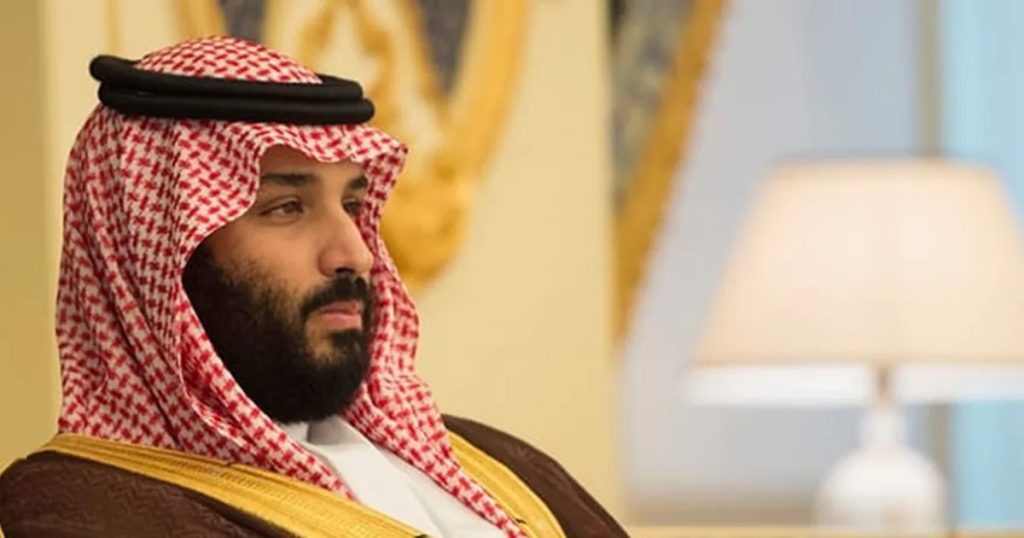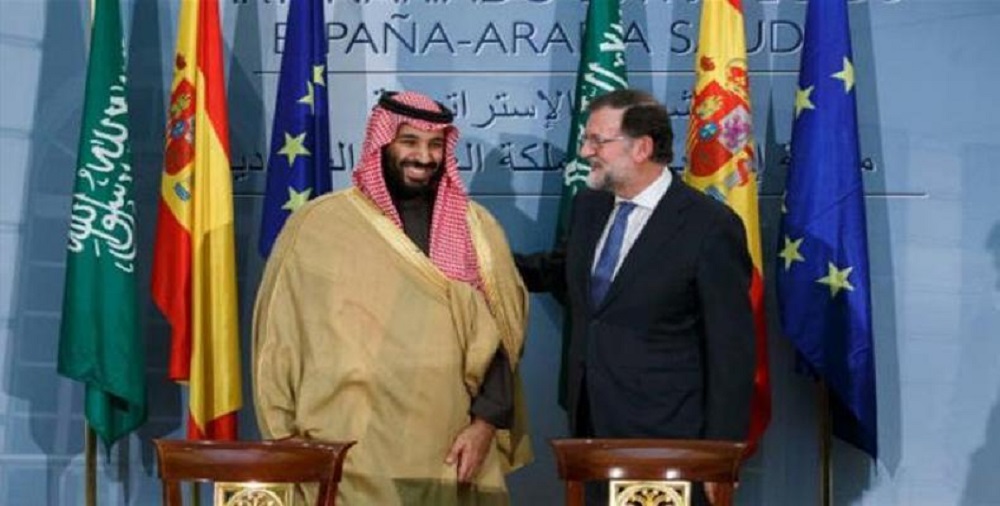Watan-In a shocking report, the Spanish newspaper Público revealed the involvement of successive Spanish governments in supporting the Saudi- and UAE-led coalition in Yemen through massive arms deals exceeding €1.8 billion in value. This support, which continued despite human rights reports documenting crimes against civilians, highlights Europe’s role in fueling the war machine in Yemen—a war that has claimed the lives of tens of thousands of civilians, including thousands of children.
The report stated that Spain did not stop exporting weapons to Saudi Arabia, despite the massacres committed by the coalition, including airstrikes on schools, health facilities, and public markets. It also confirmed that these deals contributed to the growth of the Spanish arms industry’s profits, amid official silence about the crimes committed in the name of war.
Amnesty International, through its official Carlos Heras, expressed deep concern about these deals, pointing out the possibility that Spanish weapons may have been used to commit “war crimes against civilians in Yemen.” The organization demanded an immediate halt to all arms exports to Saudi Arabia, amid fears that such weapons are being used in operations that violate international humanitarian law.

Muted Justifications and Mounting Accountability Questions
Despite this, the Spanish government offered weak justifications, claiming that “the coalition countries are not subject to any international arms embargo,” and insisting that there are “strict controls” on exported materials. However, multiple reports cast doubt on the effectiveness of these controls, especially since the massacres have continued and even escalated since the coalition began its operations in 2015.
The accusations against Spain come within a broader context of international controversy over arms sales to countries involved in bloody conflicts. Observers argue that the continued export of weapons from European countries to Gulf states—despite overwhelming evidence of violations—places these governments in the crosshairs of international law.
The pressing question remains: will the Spanish Parliament or European courts take action to hold those involved accountable? Or will economic interests continue to outweigh humanitarian principles?
